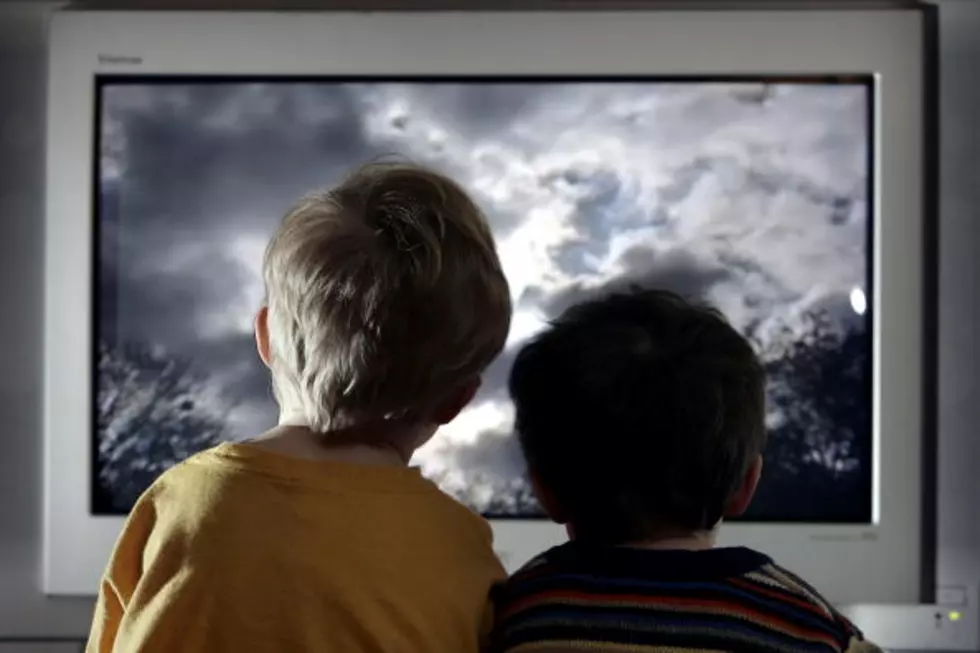
Binge Watching TV Shows Will Make You Sadder Than Sad
Are you one of those people who sit in front of your TV and devour a whole season of “Orange is the New Black” the minute it comes to Netflix? Well, while that may sound like fun, it could be the sign of something serious, because a new study has found a link between binge watching and depression.
“When people start talking about binge-watching they chuckle and find it harmless,” says Wei-Na Lee, one of the study’s authors. “If it is a binge behavior we wanted to see if there are some negative factors.”
The study looked at 316 volunteers, ages 18-29, who were asked questions about their TV watching behavior as well as their moods. Binge watching was defined as watching at least two episodes of one show in a sitting, and the study found that 75 percent of subjects were actually binge watchers. And of that group, 75 of them watched between one and three hours of TV.
As for their feelings, the study found that people who were feeling depressed or lonely were more likely to binge watch than those who were happy, and those who had issues controlling their emotions binged even more. What’s more, binge watchers are most likely to do it alone.
But you can’t necessarily blame the TV for depression. The study did not look at what caused people to be lonely or depressed, so there’s no way to know which came first. Of course, finishing a whole season in one day may cause you to be depressed since now you’ll have to wait a year for new episodes.
That's all well and good, but I challenge the researchers to not hit "play" on the next episode of "Game of Thrones" right after the Red Wedding episode.
You can't not do it.
What is your favorite TV show to binge watch? Does it drive you crazy when you finish a season and other people haven’t caught up yet? What is the longest stretch of time you watched TV in one session?
More From 98.7 WFGR









